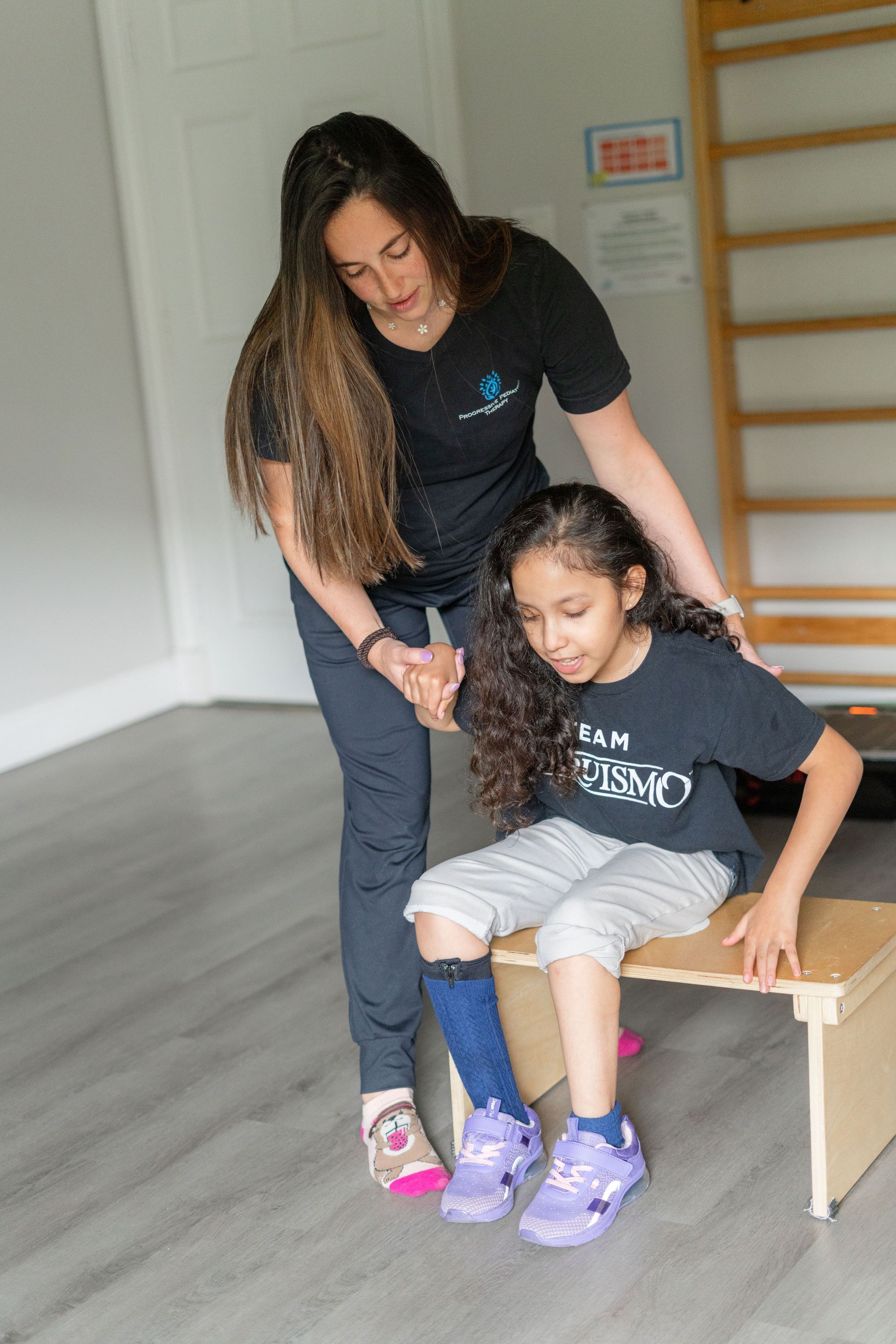Your Clinic
SET A LOCATION
Your Clinic
SET A LOCATION
Has your therapist mentioned that you should stretch for 3+ minutes? Here is the reason why.
The fascia, a.k.a. connective tissue, requires time to stretch.
What is fascia? Why is it important?
Fascia is the tough connective tissue surrounding every cell from head to toe like a three-dimensional spider web. It provides support and flexibility to all structures of the body. Modern medicine tends to look at muscles, bones, and organs in isolation, generally ignoring the importance of the global system that connects it together. Releasing restrictions in the fascia can be the missing link in resolving problematic causes of pain and dysfunction.

What is a fascial restriction and how does it occur?
A fascial restriction is a thickening, shortening, or tightening in the connective tissue caused by injury, trauma, inflammation, or poor posture. Restrictions can adhere to and put abnormal pressure on nerves, muscles, blood vessels, bones, organs, and the brain, resulting in inefficient function of these structures. Pain, limitation of motion, and structural misalignment are some of the consequences.
What is myofascial release?
Myofascial release, as developed by John F. Barnes, PT, is a gentle, hands-on approach used to free up fascial restrictions throughout the body. You release the tight fascia by applying sustained pressure into the fascial barrier or restriction, allowing permanent elongation of the tissues. As fascial layers are released, you notice greater flexibility. This results in decreased pain, enhanced daily functional abilities, refined athletic performance, increased ease of movement, and improved structural balance and integrity.
How does myofascial stretching differ from traditional stretching?

Time is your friend! All stretches, must be held continuously for a minimum of 90-120 seconds before the fascia even begins to let go. When held for 3-5 minutes, additional releases occur. The time element is crucial!
Holding a stretch allows a release of not only the elastic and muscular components of the connective tissue, but also the collagenous component. Our traditional 10-30 second stretching only affects the elastic and muscular portions, providing only temporary results.
Now give it a try!
Assume the position of how you would normally stretch. You will want to go to the point of discomfort and back off just a little and hold it there. If you are uncomfortable with your stretch you will not be able to hold it for the 2+ minutes needed to make changes in the fascia. As you feel the tissue release move slightly more into your stretch. Get your phone out – don’t set a timer – find a favorite song or video (3-5 minutes long) and hold the stretch for that time frame.
My child will not sit still for 3+ minutes, what should I do?
Do the best you can maintaining the position. You can move with them as they squirm and return to position. My suggestion is to stretch when it’s bed time. Incorporate the stretches while you sing to them, read them a book, or watch a few videos. Making it fun is key!
The post Why Should I Hold My Stretches For 3+ Minutes? appeared first on PPT4Kids.









We empower children, families, and the community to learn, grow, and celebrate every child's unique abilities.
Quick Links
Contact Details
Phone: 561-376-2573 | 561-918-0190
Fax: 561-218-4939
VIP Concierge: 561-717-1764
Clinic Locations
All Rights Reserved | Progressive Pediatric Therapy, Inc. | Privacy Policy | Terms of Service
Site by Spearlance